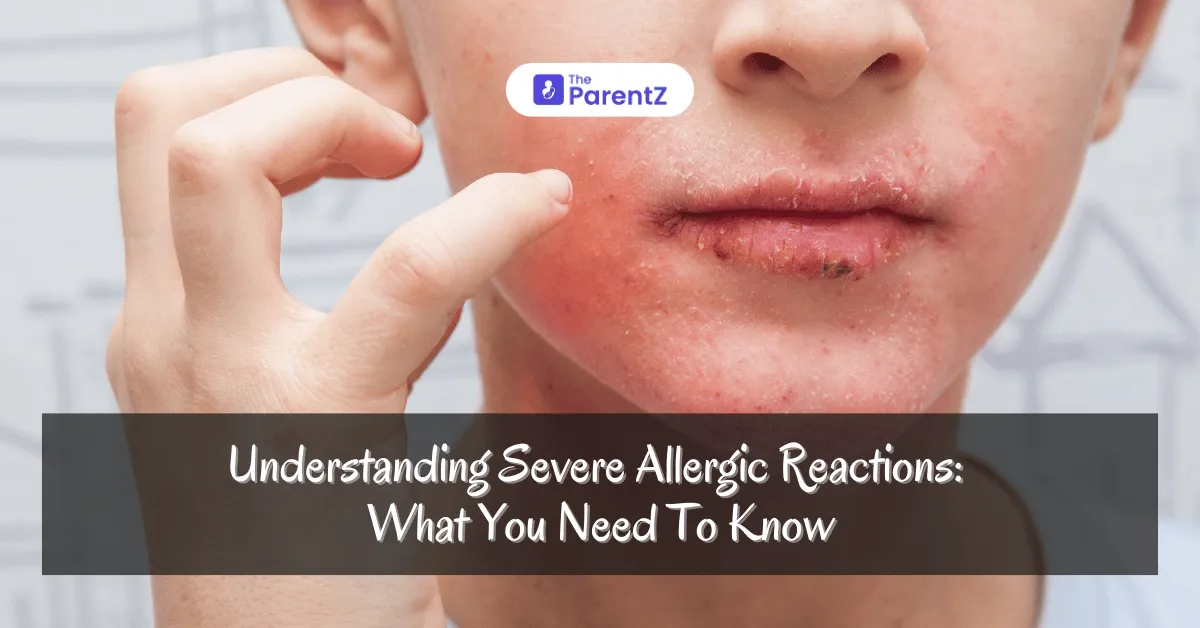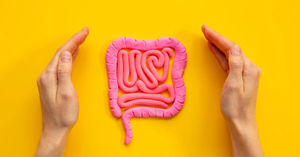If you’ve ever experienced yourself starting to swell up, cough uncontrollably, or struggle in breathing after eating a certain food, it's probably the signs of allergic reactions. It may indeed be more challenging, especially if one starts to notice severe allergic reactions, which are also known as anaphylaxis. The fact is—the cases of allergies are constantly increasing globally, and what’s more serious is that severe reactions are instantly turning life-threatening. So how do you exactly know about these reactions?
Read this article to learn more about severe allergic reactions, what triggers them, how to spot the signs, and what you need to do when it happens.
Severe Allergic Reactions: Understanding It
A severe allergic reaction, also known as anaphylaxis, is a rapid and extreme immune response to an allergen. Mild allergies usually cause sneezing, rashes, or itching; severe reactions, on the other hand, result in the body going into shock. This eventually turns into a life-threatening concern resulting in symptoms, including difficulty breathing, a drop in blood pressure, and, in extreme cases, loss of consciousness.
Typically, the most common triggers for such unusual allergic reactions include food allergens, stings, and some medications.
According to the American College of Allergy, Asthma, and Immunology, in the US, about 2 percent of the population has experienced such severe allergic reactions at least at some point in their lives. Of these, many don't even realize the risk they are at unless it's too late. Moreover, the Centers for Disease Control and Prevention (CDC) also reported that nearly 8 percent of kids are impacted due to food allergies, and many of them experience certain life-threatening symptoms.
Symptoms of a Severe Allergic Reaction
Symptoms when exposed to a potential allergen usually occur within minutes, while sometimes, the symptoms can appear after a few hours. Here are some common signs of a severe allergic reaction you can look for:
- swelling around the lips, face, and throat
- Difficulty in breathing
- Wheezing and coughing
- tightness in the chest
- Hives, rash, or itching
- Upset stomach, or diarrhea
- Loss of consciousness in extreme cases
- Sudden drop in blood pressure
- Dizziness and lightheadedness
What To Do During A Severe Allergic Reaction?
The most important approach when someone experiences a severe allergic reaction is to call the medical helpline immediately. Even if you have a prescription or epinephrine auto-injector, seeking immediate medical attention is very critical. Moreover, if a person has been recommended an epinephrine auto-injector, such as an EpiPen, it should immediately be injected into the patient’s thigh. This simple step actually helps reverse the reaction temporarily and fetch some time until emergency medical care arrives. For people who are at an increased risk of severe allergies, they should always carry these life-saving auto-injectors at all times.
Takeaway
While severe allergic reactions may be terrifying, having an understanding can make a big difference in saving the patient’s life in case of emergency. Besides, if you or your family member have severe allergies, it is always advised to carry an epinephrine auto-injector on hand while having an emergency plan ready to help in the case of an unexpected allergic reaction.








Be the first one to comment on this story.